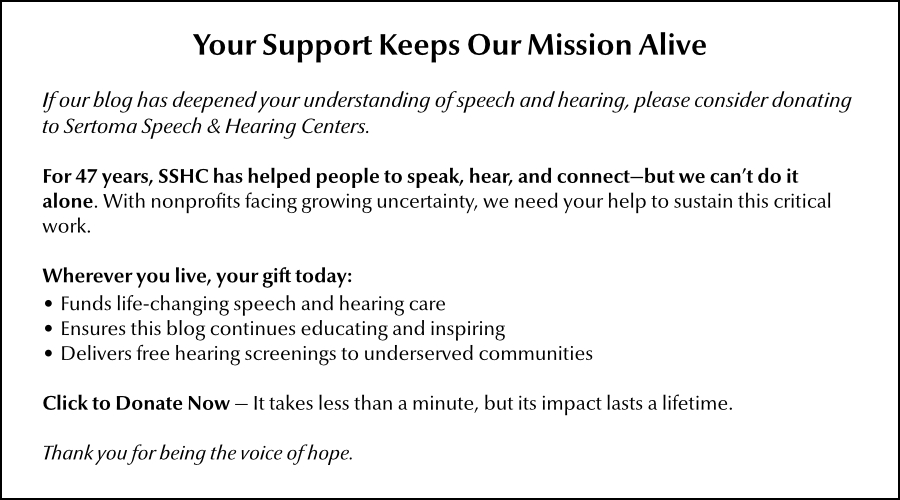You know that friend who's always asking "What?" during conversations? Well, scientists just uncovered something intimidating about hearing loss. It's not just making chats awkward—it's rewiring your brain and speeding up mental decline. Untreated hearing loss now sits right next to diabetes and high blood pressure as a major dementia risk factor.
Why it matters
Depending on the amount of hearing loss, your dementia risk can double, triple, and increase as much as five times. Why? Because your brain has to work super hard to piece together what people are saying. All that mental juggling leaves way less brainpower for other things like remembering where you put your keys or solving everyday problems.
How it works
When your hearing starts deteriorating, your brain doesn't just shrug and give up on sound—it goes into full panic mode and starts rearranging itself:
- The brain areas that usually handle sound start wasting away from not being used
- Other parts of your brain jump in to help, but they're already busy with their jobs
- Your mental energy gets stolen from memory and focus tasks
- Brain tissue starts disappearing faster, especially in the spots that handle thinking
Bottom line: Your brain starts aging rapidly.
The big picture
So what happens next is exhausting. Researchers call it cognitive load: it's your brain working overtime to fill in all the blanks during conversations.
Think about it: if you can only catch half of what someone's saying, your mind has to become a detective, constantly guessing and filling gaps. That's mentally draining work.
And here's where things get tough. All that brain strain makes social situations feel like running a marathon. People start skipping family dinners, avoiding phone calls, and ducking out of work meetings. Who wants to feel confused and embarrassed all the time?
But here's the kicker-staying socially connected is like vitamins for your brain. Studies show that people who become isolated have a 50% higher dementia risk than those who keep up their social lives. When hearing loss pushes someone into isolation, it's like setting up a fast track to cognitive problems.

A closer look
Memory troubles start way before anyone realizes what's happening. Your brain's memory center—the hippocampus—is picky. It needs crystal-clear information to build solid memories. When your ears are sending fuzzy signals, your hippocampus can't do its job properly.
Most people just chalk up their forgetfulness to getting older. Senior moments. But really? It's often hearing loss working behind the scenes, messing with their mental sharpness.
Another curveball: Your inner ear handles both hearing and balance. So when hearing goes, balance often wobbles too. More falls, less moving around, and that's bad news for brain health.
The takeaway
Hearing aids aren't just about making sounds louder. Brain scans show real improvements in memory and thinking areas when people get their hearing treated properly.
The trick is catching it early. People who start using hearing aids sooner have way lower rates of mental decline and dementia compared to folks who just tough it out with untreated hearing loss.
Think of hearing tests like getting your blood pressure checked—just routine maintenance for staying sharp. Catching hearing problems early means you can tackle them before your brain starts struggling.
Don't brush off those "What did you say?" moments. Take control. Schedule a hearing screening.
Healthy hearing starts here
Learn about the health of your hearing with a free 15-minute hearing screening by an audiologist.
★ Call 708-599-9500 to schedule your free screening.
★ For facts about hearing loss and hearing aid options, grab your copy of The Hearing Loss Guide.
★ Sign up for our newsletter for the latest on Hearing aids, dementia triggered by hearing loss, pediatric speech and hearing, speech-language therapies, Parkinson's Voice therapies, and occupational-hearing conservation. We publish our newsletter eight times a year.
Don't let untreated hearing loss spoil your enjoyment of life.


